 After months of raucous hearings, the central Massachusetts town of Dudley is now completely refusing to allow the Islamic Society of Greater Worcester to build any sort of cemetery there. A board has denied the group access to a permit under any conditions.
After months of raucous hearings, the central Massachusetts town of Dudley is now completely refusing to allow the Islamic Society of Greater Worcester to build any sort of cemetery there. A board has denied the group access to a permit under any conditions.
WBUR Opposition to the plans for a cemetery has been loud, heated and widespread. Neighbors of the 55-acre parcel of old farmland the Muslim applicants agreed to purchase expressed fears about the contamination of local wells.
But the statements of some have brought accusations of anti-Muslim prejudice. (Of course the real reason is anti-Muslim sentiment, but everyone is smart enough not to admit it)
On Thursday night, the Muslim applicants expected the Zoning Board of Appeals would vote on their land purchase proposal — along with some conditions. Instead, the board asserted that the Islamic Society is not eligible to apply for the permit they first requested seven months ago.
“Why didn’t you tell us this in the very first meeting?” asked the Muslim applicants. The board, acting on the legal opinion offered by town counsel, said the landowner had not complied with a requirement to notify the town that she was selling the land, which is under special tax status.
According to the board, the town has the right of first refusal to buy the land before she can sell it to the Muslims.
“They have not been denied a special permit from acquiring a cemetery,” John Glynn, a zoning board member, explained. “They’ve been denied the ability to seek one, because they don’t have standing.”
Stunned by the board’s actions, the Muslim applicants, who had expressed a willingness to scale down the size of the proposed cemetery, complained about their treatment.
“We believe the process has been unfair to us, because of the legal concerns,” Amjad Bahnassi said, speaking on behalf of the Islamic Society. “We are going to try to secure our legal rights of having a piece of land where we can bury our dead people.”
The applicants have 20 days to appeal the decision, and they vowed to do so. Which means they will be taking their case and the town of Dudley to court.
Dudley residents don’t want their water supply to be contaminated from rotting corpses as Muslims do not use caskets to bury their dead, just white shrouds.
RELATED STORIES/VIDEOS
JUN102016
Turkish members of German Parliament who voted for bill declaring the Ottoman Turkish 1915 massacre of Armenians a “genocide” condemned by Turkish government
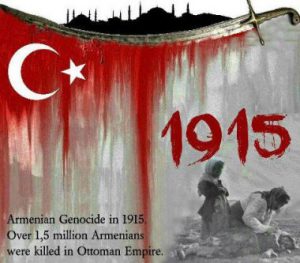 German MPs of Turkish descent who backed the ‘genocide’ resolution have been subjected to a stinging social media campaign with death threats reported and at least one of them receiving police protection.
German MPs of Turkish descent who backed the ‘genocide’ resolution have been subjected to a stinging social media campaign with death threats reported and at least one of them receiving police protection.
President Recep Tayyip Erdogan said these MPs had “tainted blood” that should be tested in a laboratory, triggering outrage from the Bundestag’s Speaker Norbert Lammert.
EuroNews Erdogan has been rebuked by Germany’s lower house of parliament for his harsh condemnation of members of Turkish origin who voted to declare the 1915 massacre of Armenians by Ottoman Turkish forces a “genocide.”
“I wouldn’t have thought it possible that in the 21st century, a democratically elected president would link his criticism of democratically elected lawmakers in the German Bundestag to doubts about their Turkish descent and describe their blood as tainted,” he told deputies.
JUN102016
Turkey’s President Recep Tayyip Erdogan cuts short his Mohammad Ali funeral visit
Apparently, his scheduled speech at Friday’s Interfaith Memorial Service was cancelled because he intended to give a lecture on Islam, so he hightailed it back to Turkey early.
JUN102016
Benjamin Netanyahu has been spending more time in Russia with Putin than in Washington with Obama
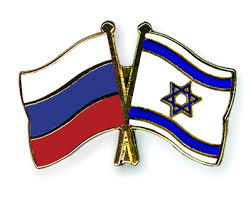 On June 7, 2016, Israeli Prime Minister Benjamin Netanyahu landed in Moscow to meet with Russian President Vladimir Putin, celebrating 25 years of diplomatic ties between the two countries. This marks the fourth time that Netanyahu has met with his Russian counterpart in the past year, three of which have been visits to Moscow.
On June 7, 2016, Israeli Prime Minister Benjamin Netanyahu landed in Moscow to meet with Russian President Vladimir Putin, celebrating 25 years of diplomatic ties between the two countries. This marks the fourth time that Netanyahu has met with his Russian counterpart in the past year, three of which have been visits to Moscow.
Center Security Policy During the same time period, Netanyahu has only met with U.S president Barrack Obama twice. So what motivated this seeming surge in positive relations between Israel and Russia?
Israel publically stated that the two world leaders discussed the affairs in the Middle East, including the Syrian civil war, in which Russia is involved. The two also discussed the Israeli-Arab conflict, in which Putin backed a two-state solution and Israel’s counterterrorism measures, which he hopes will work towards a “just solution” to the conflict.
To the east, Netanyahu and Putin discussed the threat of the Islamic State, and Israel affirmed that it would not attack Russian jets flying close to Israel’s border with Syria.
Despite the fact that Netanyahu confirmed that “The US remains Israel’s chief ally and cannot be replaced by Russia”, it would seem that the Israeli Prime Minister’s frequent visits to Moscow are, at least partially, a recognition of the new aggressive position that Russia is playing in the Middle East, and an attempt to send a signal to the next United States president: Israel is not afraid to seek closer ties with rival Russia if the United States does not fully support it.
Netanyahu’s meetings with Putin are viewed in the context of his rocky relationship with U.S President Barrack Obama. It is no secret that the two leaders are not on the best of terms. In 2015, tensions between the two leaders grew especially heated, as Netanyahu openly criticized the Obama Administration’s Iran nuclear deal as “paving Iran’s path to the bomb”, a position Netanyahu shares with many of Obama’s domestic political opposition.
On the other side of the world, Russia has fervently attempted to re-assert itself in world relations, seeking to once again become a world superpower and check the power of the United States. On that front, perhaps Netanyahu’s close ties with Putin are not an attempt to replace Washington with Moscow but an attempt to adapt to a reality in which Russia is has begun to play a more significant role in the region; Israel is attempting to forge close ties with the two main regional powers.
But with the U.S’ changing perspective on the role of its military, one cannot help but wonder whether Israel’s newfound relationship with Russia is an attempt at self-defense. In light of the U.S’ slashed defense budget and the Obama administration’s failure to deliver sharp responses on many of its threats, many allies have had to resort to taking initiative to defend themselves.
Most recently, Saudi Arabia has been fighting Shia Houthi Rebels in Yemen and has been accused of secretly funding the Islamic State, as they fear that Iran’s influence in the region will check the power and stability of the Saudi state. Regardless of what one believes the United States’ role should be in international relations, it is impossible to deny that actions have consequences, and that the U.S fear of asserting its military power is reshaping alliances and the way that its allies deal with threats.
RELATED STORIES/VIDEOS
B

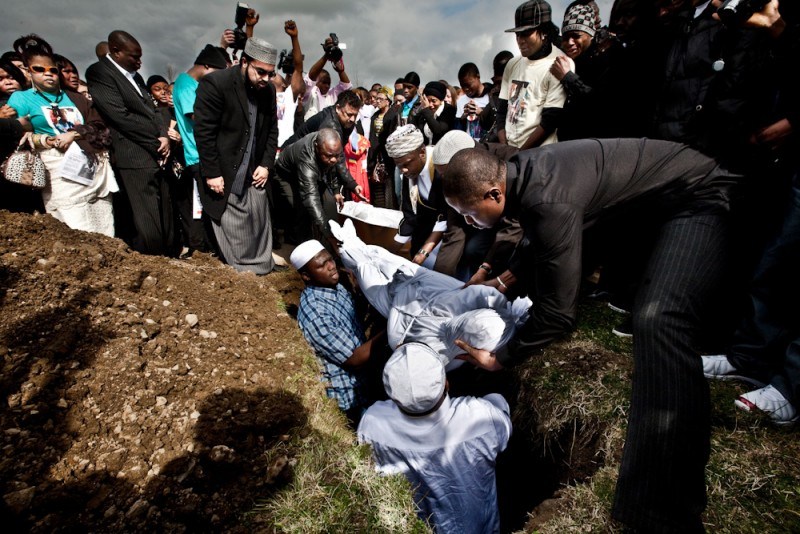
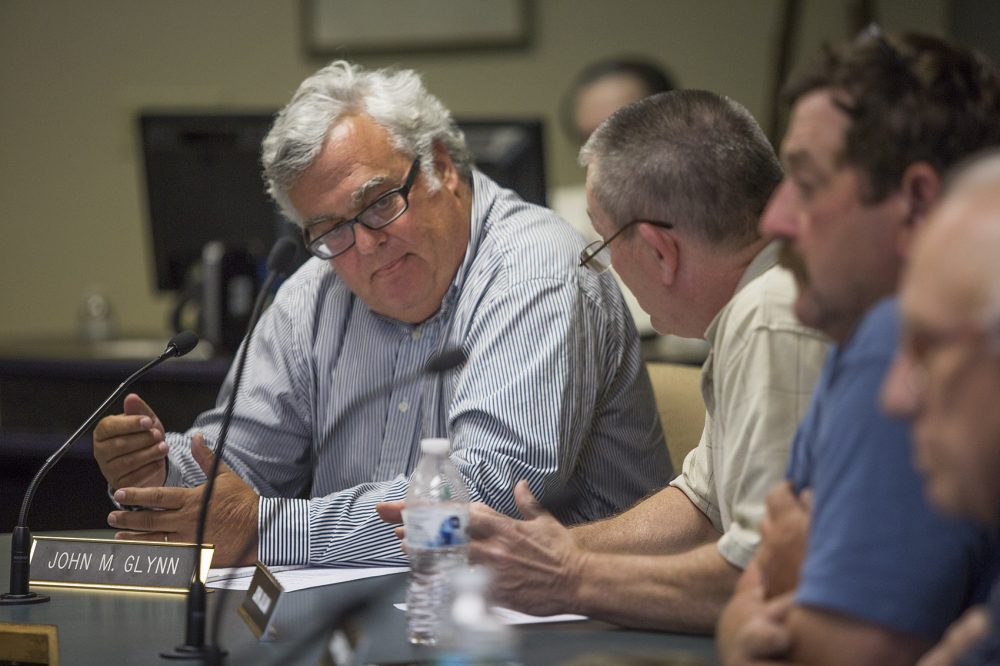
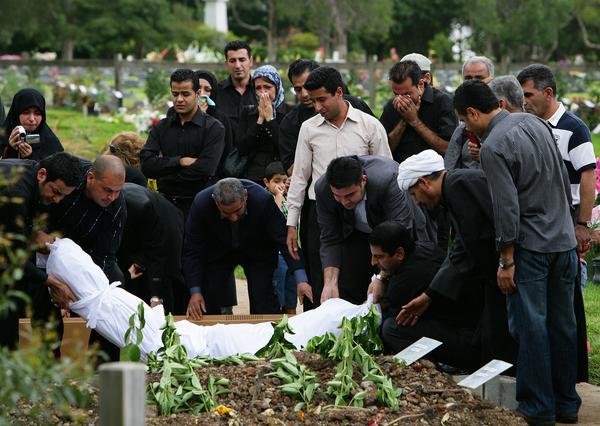

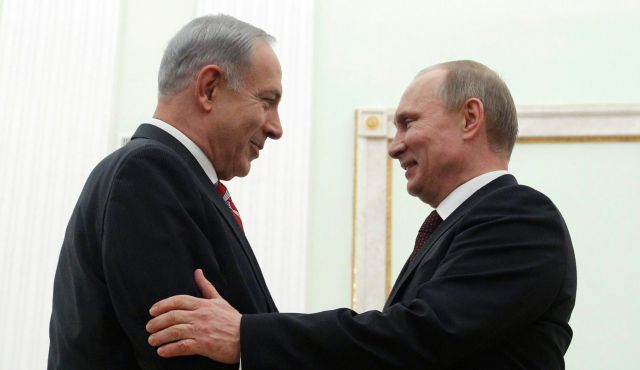


No comments:
Post a Comment